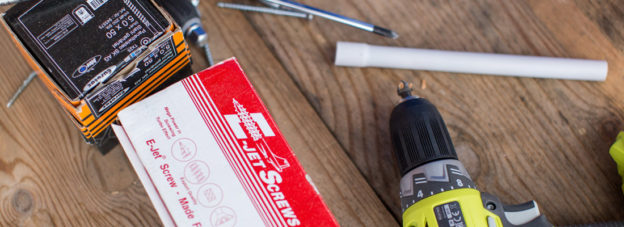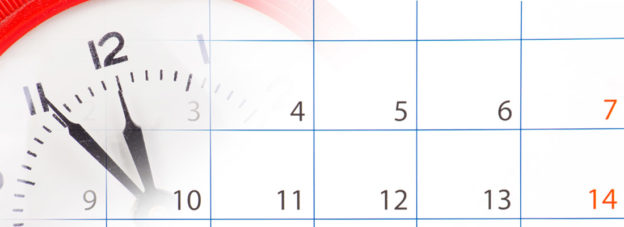Many courts enforce forum selection clauses in contracts between parties. In W. Bay Plaza Condo. Ass’n v. Sika Corp., No. 3D21-1834, 2022 Fla. App. LEXIS 1637 (W. Bay Plaza), the Court of Appeal of Florida, Third District (Court of Appeal) answered the question of whether a mandatory forum selection clause in a manufacturer’s warranty was enforceable as to a condominium association, who was a non-signatory. The trial court enforced the forum selection clause – calling for litigation in New Jersey rather than Florida – and the Court of Appeal affirmed the ruling. Continue reading




